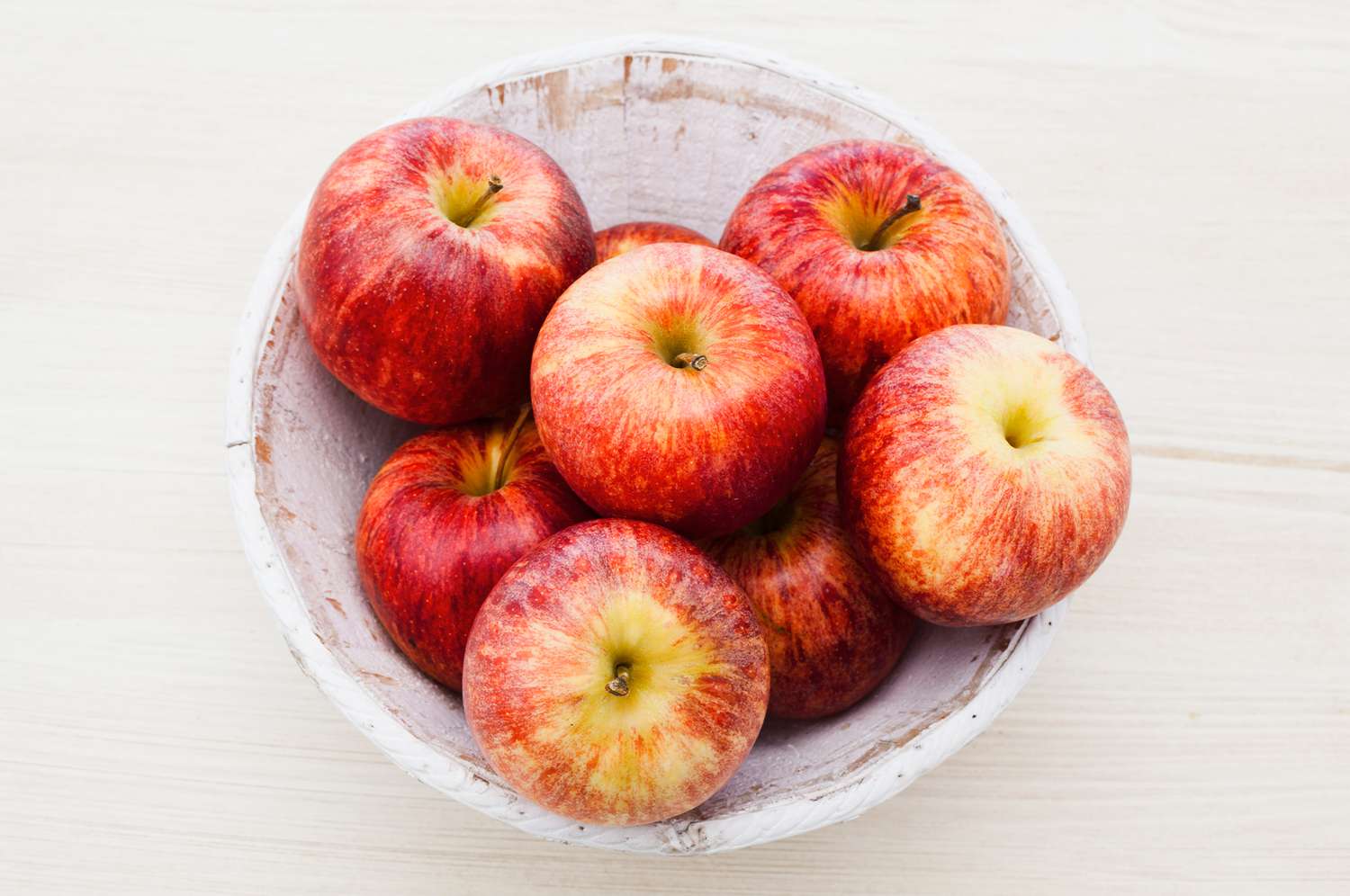

Articles
How To Store Apples To Last Longer
Modified: February 27, 2024
Learn effective strategies to store apples for maximum freshness and longevity. Discover expert tips and techniques in this comprehensive article on apple storage.
(Many of the links in this article redirect to a specific reviewed product. Your purchase of these products through affiliate links helps to generate commission for Storables.com, at no extra cost. Learn more)
Introduction
Welcome to this comprehensive guide on how to store apples to last longer. Apples are one of the most popular fruits worldwide, known for their crisp texture, refreshing taste, and numerous health benefits. However, improper storage can lead to spoilage and a decrease in their quality.
By properly storing apples, you can extend their shelf life, ensuring that you can enjoy their deliciousness for an extended period. Whether you’re a fan of snacking on fresh apples or enjoy using them in various culinary creations, understanding the best storage practices is essential.
In this article, we will delve into the different methods of storing apples for optimal freshness and longevity. From room temperature to the refrigerator and even a root cellar or cool basement, we will explore the ideal conditions for each scenario.
Furthermore, we will discuss the importance of avoiding ethylene gas exposure and the significance of checking and sorting apples before storage. With this knowledge, you will be well-equipped to make the most out of your apple harvest or grocery store purchases.
So, let’s dive in and discover how to store apples to make them last longer and retain their irresistible flavor.
Key Takeaways:
- Properly storing apples is crucial for extending their shelf life, retaining their flavor, and preventing spoilage. By following recommended storage methods, you can enjoy fresh, crisp apples for an extended period.
- Avoiding ethylene gas exposure and checking/sorting apples before storage are essential for preserving their freshness. Proper storage not only saves costs but also ensures easy accessibility for snacking and cooking.
Read more: How To Store Batteries To Last Longer
Storing Apples at Room Temperature
Storing apples at room temperature is a convenient option that allows for easy accessibility and quick snacking. However, it’s essential to choose the right apples and monitor their condition regularly to prevent spoilage.
When selecting apples for room temperature storage, opt for varieties that are more resistant to bruising and have a longer shelf life. Varieties like Granny Smith, Jonathan, and Pink Lady are known for their excellent storage capabilities.
To store apples at room temperature, find a cool, well-ventilated location away from direct sunlight. A countertop or pantry shelf works well for this purpose. Make sure to keep the apples away from other fruits and vegetables, as ethylene gas produced by some produce can speed up the ripening process and cause spoilage.
To prevent dehydration and maintain freshness, you can place the apples in a loosely closed paper bag or a fruit bowl with good air circulation. It’s crucial to check the apples regularly for any signs of bruising, rotting, or mold. Remove any damaged apples immediately to prevent the spread of decay to the rest of the batch.
Room temperature storage is suitable for short-term use and is typically recommended for apples that will be consumed within a week or two. If you have a larger quantity of apples or plan for longer-term storage, it is best to consider other storage methods.
Now that you know the basics of storing apples at room temperature, let’s explore how to store them in the refrigerator for extended freshness.
Storing Apples in the Refrigerator
Refrigeration is a popular method for storing apples, especially if you want to extend their shelf life for several weeks or even months. The cool temperatures of the refrigerator help slow down the ripening process, preserving the texture and flavor of the apples.
When storing apples in the refrigerator, it’s essential to choose the right storage containers. Opt for perforated plastic bags or food-safe storage containers with ventilation to allow for proper air circulation. This helps prevent the accumulation of moisture and maintain the ideal humidity levels.
Before storing, ensure that your apples are in excellent condition. Remove any damaged or bruised apples, as they can easily spoil and affect neighboring apples. Gently wipe the apples with a damp cloth to remove any dirt or residue before placing them in the fridge.
When it comes to placement, consider dedicating one drawer or compartment in your refrigerator exclusively for storing apples. This helps minimize the exposure to other fruits and vegetables and prevents the transfer of flavors and odors.
It’s crucial to note that different apple varieties have varying storage durations. Some apples, like Red Delicious and Fuji, can be stored in the refrigerator for up to two months, while others, like McIntosh and Golden Delicious, have a shorter shelf life of about one month.
Regularly check your stored apples for any signs of decay or rot. Even in the controlled environment of the refrigerator, some apples may still spoil over time. Remove any affected apples promptly to prevent spoilage from spreading.
By storing apples in the refrigerator, you can enjoy their flavor and texture for an extended period. However, if you have a large quantity of apples or prefer a more traditional storage method, you may consider storing them in a root cellar or cool basement.
Storing Apples in a Root Cellar or Cool Basement
If you have access to a root cellar or a cool basement, storing apples in these environments can be an excellent option. These locations provide cool temperatures, proper humidity levels, and darkness – all ideal conditions for long-term apple storage.
A root cellar or cool basement offers a natural storage solution that replicates the cool and dark conditions of underground storage facilities. The temperature should ideally be between 32°F (0°C) and 40°F (4°C), with humidity levels around 90%. These conditions help slow down the ripening process and keep the apples fresh for an extended period.
Before storing apples in a root cellar or cool basement, it’s important to prepare the space properly. Clean the area thoroughly, removing any dirt, debris, or potential pests. Ensure proper ventilation to maintain airflow, and consider using shelves or crates to organize the apples.
When selecting apples for root cellar storage, choose varieties known for their excellent storage capabilities. Varieties such as Winesap, Northern Spy, and Rome Beauty are renowned for their long shelf life and ability to withstand extended storage conditions.
Place the apples in crates or baskets, ensuring that they are not touching each other. This helps prevent the spread of any potential rot or decay. It’s also recommended to wrap each apple in paper or place them in individual perforated plastic bags to further protect them.
Regularly inspect the stored apples to check for any signs of spoilage. Remove any damaged or decaying apples immediately to prevent them from affecting the others. Maintaining a clean and organized storage area is crucial to preserving the freshness and quality of the apples.
Storing apples in a root cellar or cool basement can allow you to enjoy them for several months, whether you have a surplus from your harvest or want to stock up on your favorite apple varieties.
Now that we’ve explored different storage methods, it’s important to understand the significance of avoiding exposure to ethylene gas.
Store apples in the crisper drawer of the refrigerator to help them last longer. Keep them away from other fruits and vegetables to prevent them from ripening too quickly.
Avoiding Ethylene Gas
Ethylene gas is a naturally occurring plant hormone that plays a significant role in the ripening process of fruits, including apples. While ethylene is essential for fruit development and maturation, it can also accelerate the spoilage of fruits, including apples, when present in excessive amounts.
To ensure the longevity of your stored apples, it’s crucial to avoid exposing them to ethylene gas. Certain fruits and vegetables, such as bananas, peaches, and tomatoes, are high ethylene producers. Storing apples alongside these ethylene-producing fruits can lead to premature ripening and spoilage.
To prevent ethylene gas exposure, store apples separately from ethylene-producing fruits. This can be easily achieved by using different storage areas, such as separate drawers in the refrigerator or different sections in your pantry or root cellar.
Additionally, consider using ethylene-absorbing products, such as activated charcoal or ethylene-absorbing packets. These products can help control ethylene levels and extend the shelf life of your apples. Place the packets or charcoal near the stored apples to absorb any ethylene gas released.
By taking these precautions and separating apples from ethylene-producing fruits, you can significantly reduce the risk of premature spoilage and ensure that your apples stay fresh for a longer period.
Now that we’ve covered avoiding ethylene gas, let’s discuss the importance of checking and sorting your apples before storage.
Read more: How To Store Spinach To Last Longer
Checking and Sorting Apples
Before storing apples, it’s essential to check their condition and sort them accordingly. This step helps identify any damaged or bruised apples that can potentially spoil and affect the quality of the other apples in storage.
Start by carefully examining each apple for any signs of bruising, cuts, or rot. These damaged areas can serve as entry points for bacteria and accelerate spoilage. Remove any apples with visible damage and set them aside for immediate consumption or discard them if they are severely affected.
Next, sort the remaining apples based on their size, color, and variety. This step is particularly important if you have a significant number of apples. Grouping apples together based on their characteristics allows for easier monitoring and helps ensure that the apples with a shorter shelf life are used first.
Separate your apples into different containers or storage areas based on their ripeness level. This can be done by organizing them according to colors, such as red apples in one group and green apples in another. Alternatively, you can sort them based on their ripeness, placing the ripest apples in one container and the less ripe ones in another.
By properly checking and sorting your apples before storage, you not only prevent the spread of spoilage but also make it easier to plan your apple consumption. This method helps utilize the apples with a shorter shelf life first, ensuring that none of your precious fruit goes to waste.
Now that we understand the importance of checking and sorting apples, let’s discuss why proper storage is crucial for maintaining the freshness and flavor of your apples.
Importance of Properly Storing Apples
Properly storing apples is essential for maintaining their freshness, flavor, and overall quality. Whether you’ve harvested apples from your own tree or purchased them from the grocery store, the way you store them can significantly impact their shelf life and taste.
Here are a few reasons why proper storage is crucial:
1. Extended Shelf Life: By storing apples correctly, you can extend their storage life, allowing you to enjoy them over a more extended period. This is particularly beneficial if you have a bountiful harvest or if you want to stock up on your favorite apple varieties.
2. Retained Flavor: Apples stored under the right conditions maintain their natural flavor and texture. Improper storage can lead to the loss of crispness and flavor, making the apples less enjoyable to eat.
3. Prevents Spoilage: Proper storage helps prevent the spread of spoilage from one apple to another. Removing damaged apples before storage and regularly monitoring the stored apples can minimize the risk of rot and ensure that your entire batch stays fresh.
4. Cost Savings: By properly storing apples, you can reduce food waste and save money. Apples that spoil prematurely due to improper storage end up being wasted, leading to unnecessary expenses.
5. Easy Accessibility: When apples are stored correctly, they remain easily accessible for snacking or incorporating into various recipes. You can conveniently grab a crisp apple whenever the craving strikes.
Whether you choose to store your apples at room temperature, in the refrigerator, or in a root cellar, following the recommended guidelines ensures that you can enjoy the full benefits of your apples for as long as possible.
Now that we’ve explored the importance of proper storage, it’s time to wrap up our guide on how to store apples to last longer.
Conclusion
In conclusion, knowing how to store apples properly is essential for maximizing their shelf life and maintaining their delicious flavor. Whether you prefer snacking on fresh apples or using them in various culinary creations, following the right storage methods ensures that your apples stay fresh, crispy, and enjoyable for a longer period.
Storing apples at room temperature is convenient for short-term storage, but it’s important to choose the right apples, keep them in a cool, well-ventilated area, and check them regularly for any signs of spoilage.
If you want to extend the lifespan of your apples, the refrigerator is an excellent option. Store them in perforated plastic bags or ventilated containers, separate them from ethylene-producing fruits, and regularly inspect them to remove any damaged apples.
If you have access to a root cellar or cool basement, take advantage of their natural cool and dark environment. Clean the area well, use crates or baskets to prevent contact between apples, and regularly check for any signs of spoilage.
Avoiding ethylene gas exposure is crucial for preserving the freshness of stored apples. Keep them separate from ethylene-producing fruits, and consider using ethylene-absorbing products to control ethylene levels.
Before storing apples, carefully check and sort them, removing any damaged apples and grouping them based on size, color, or ripeness. This ensures easier monitoring and utilization of your apple supply.
Properly storing apples is important for reasons such as extending their shelf life, retaining their flavor, preventing spoilage, saving costs, and ensuring easy accessibility. By following the recommended storage methods and keeping a watchful eye on your apples, you can enjoy their delectable taste and health benefits for an extended duration.
So, the next time you have a batch of fresh apples in your possession, remember to store them correctly and savor their crispness and sweetness for as long as possible.
Frequently Asked Questions about How To Store Apples To Last Longer
Was this page helpful?
At Storables.com, we guarantee accurate and reliable information. Our content, validated by Expert Board Contributors, is crafted following stringent Editorial Policies. We're committed to providing you with well-researched, expert-backed insights for all your informational needs.

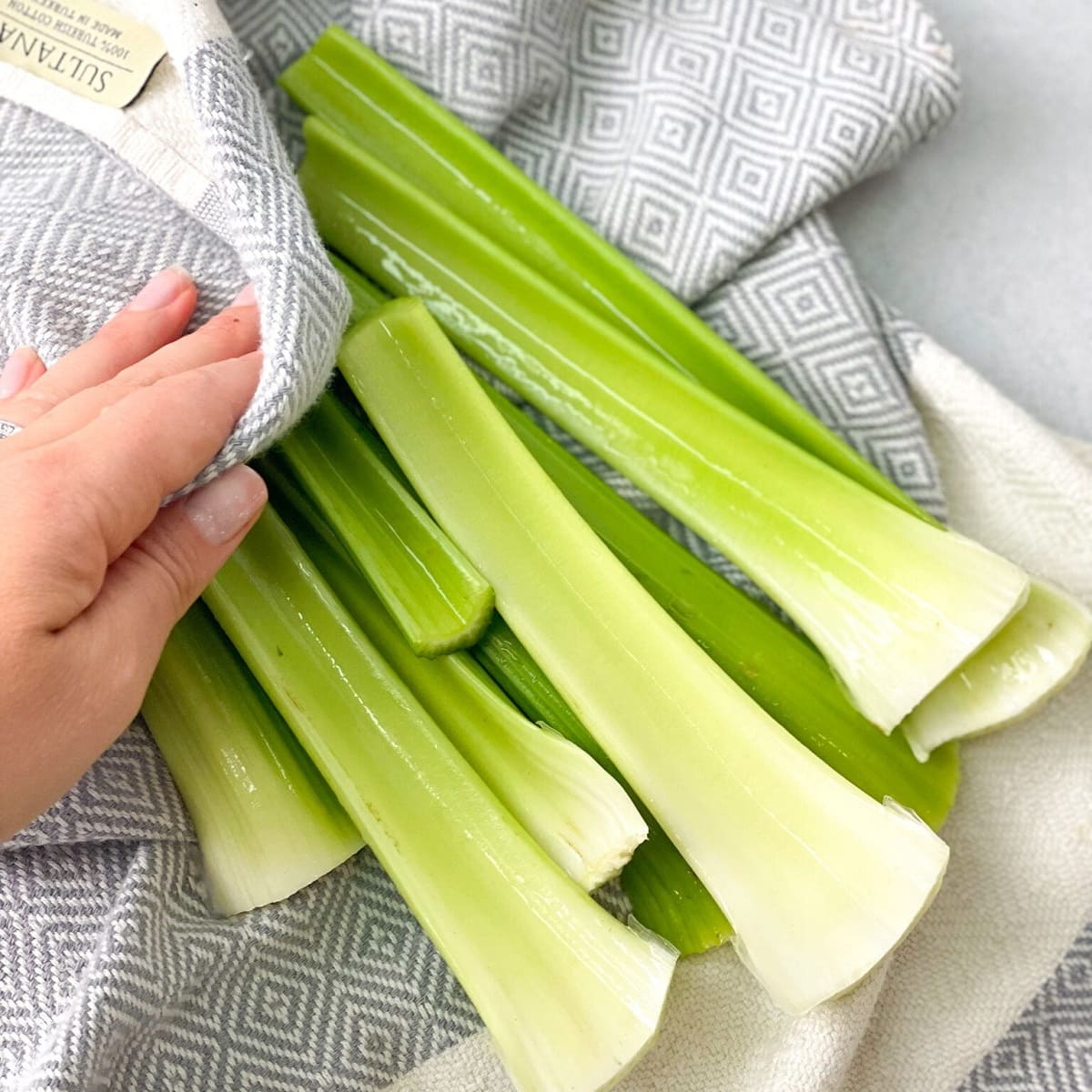
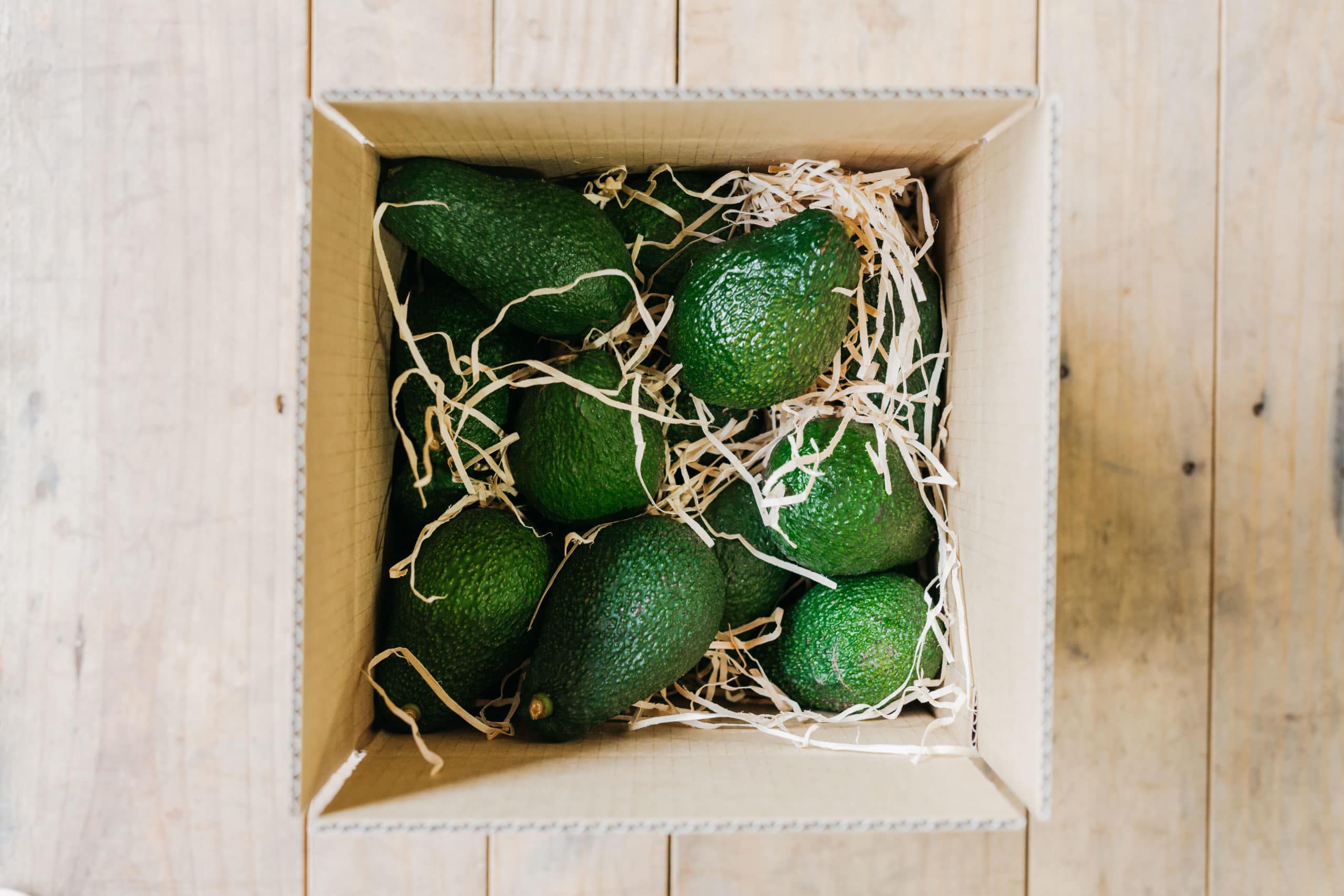
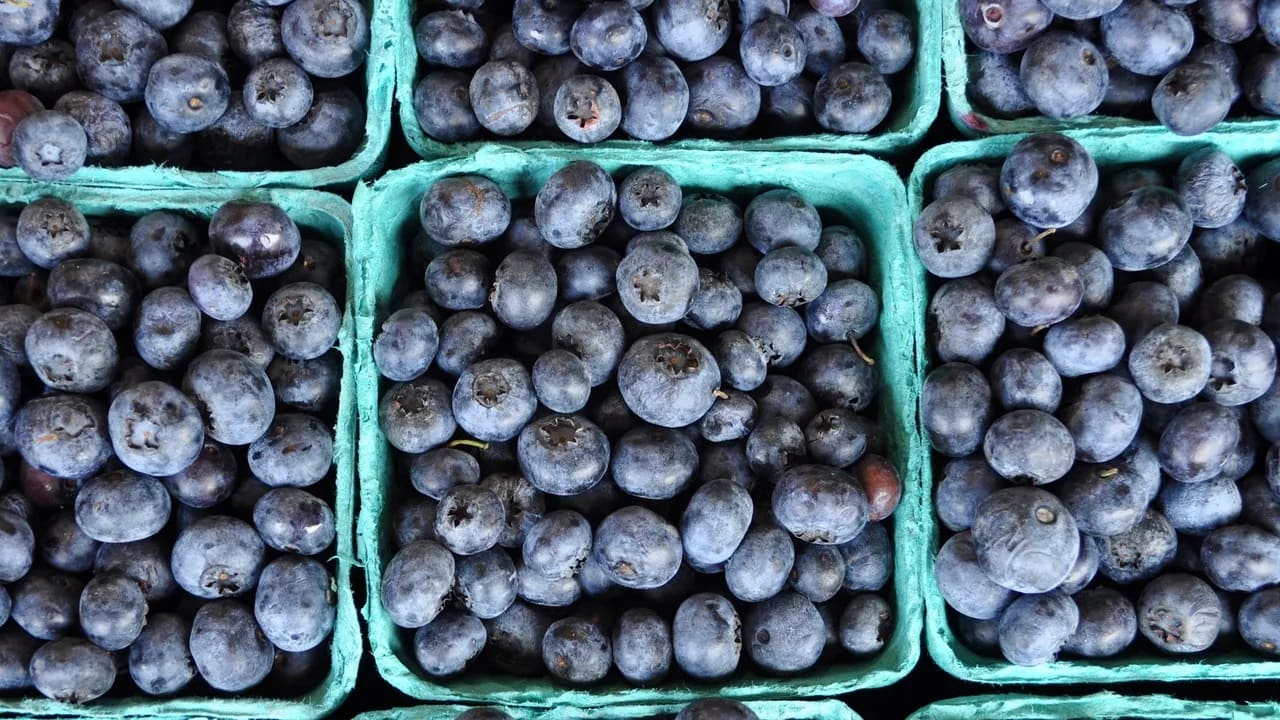

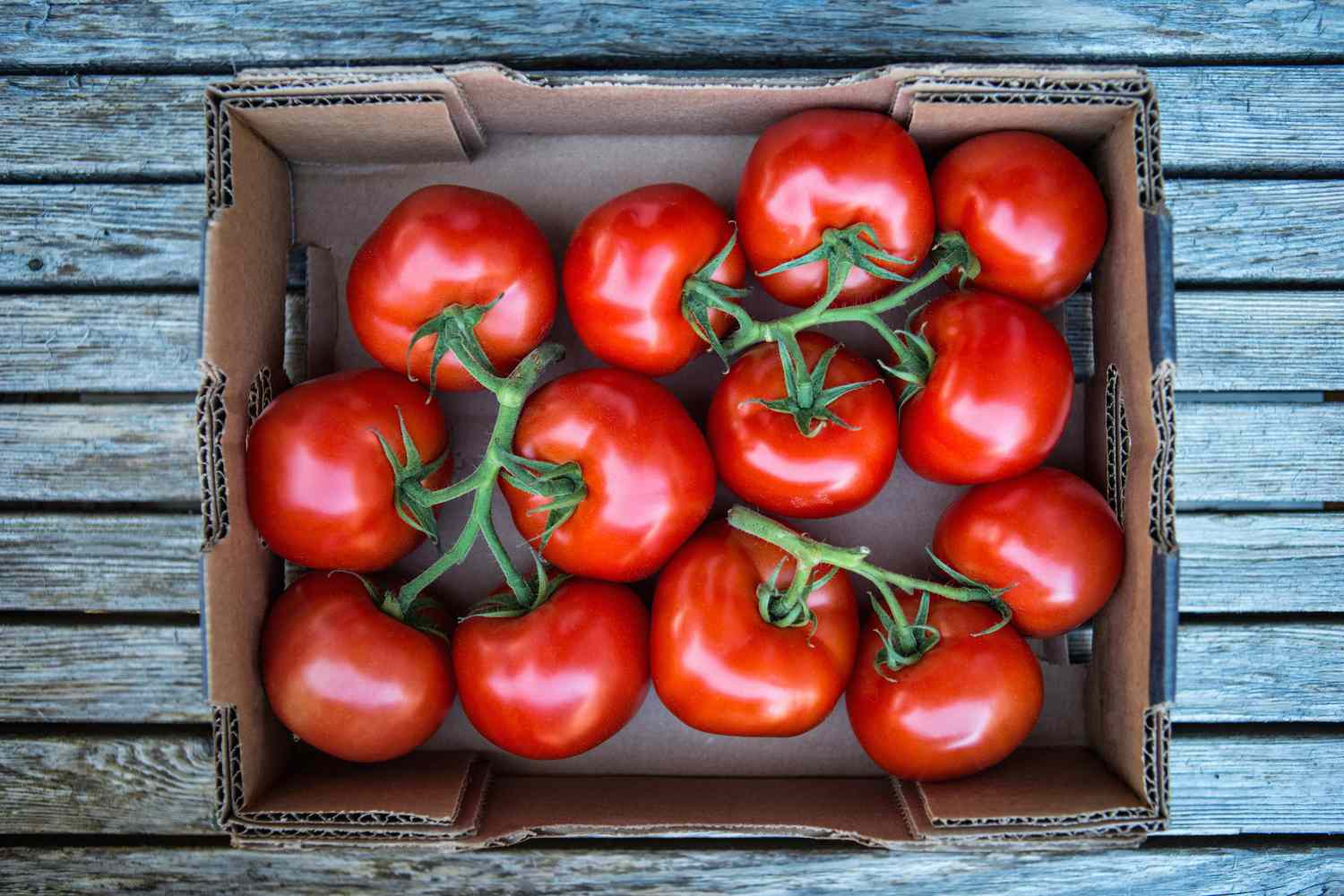
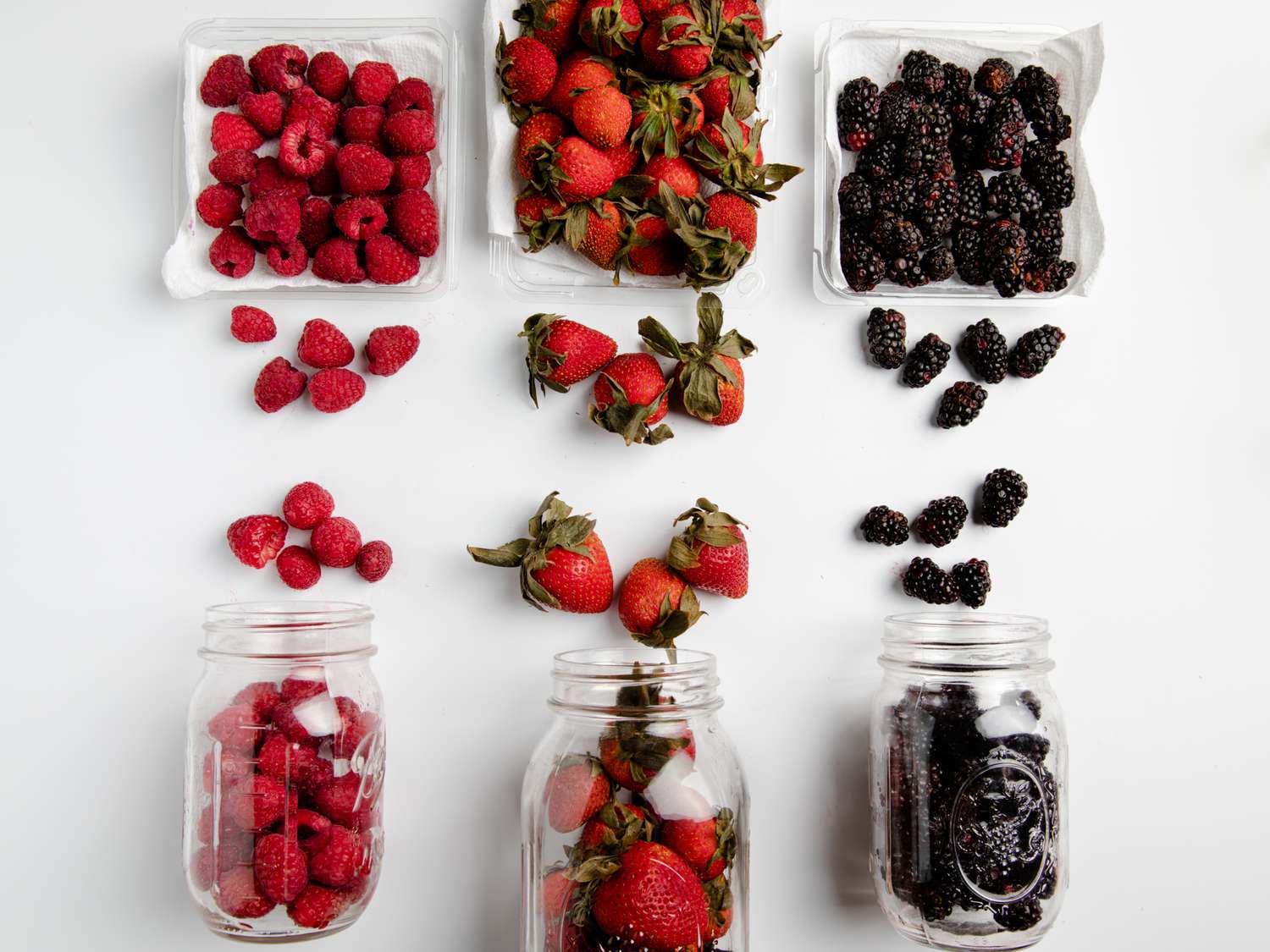
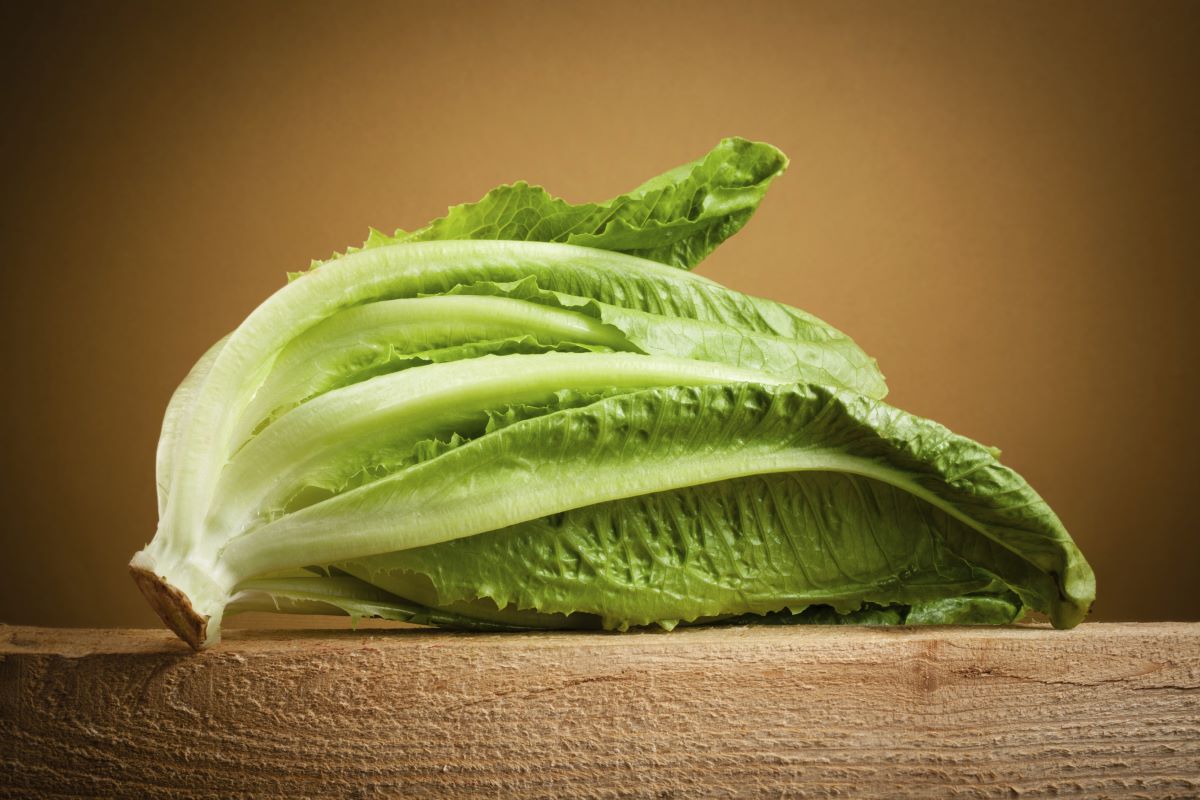
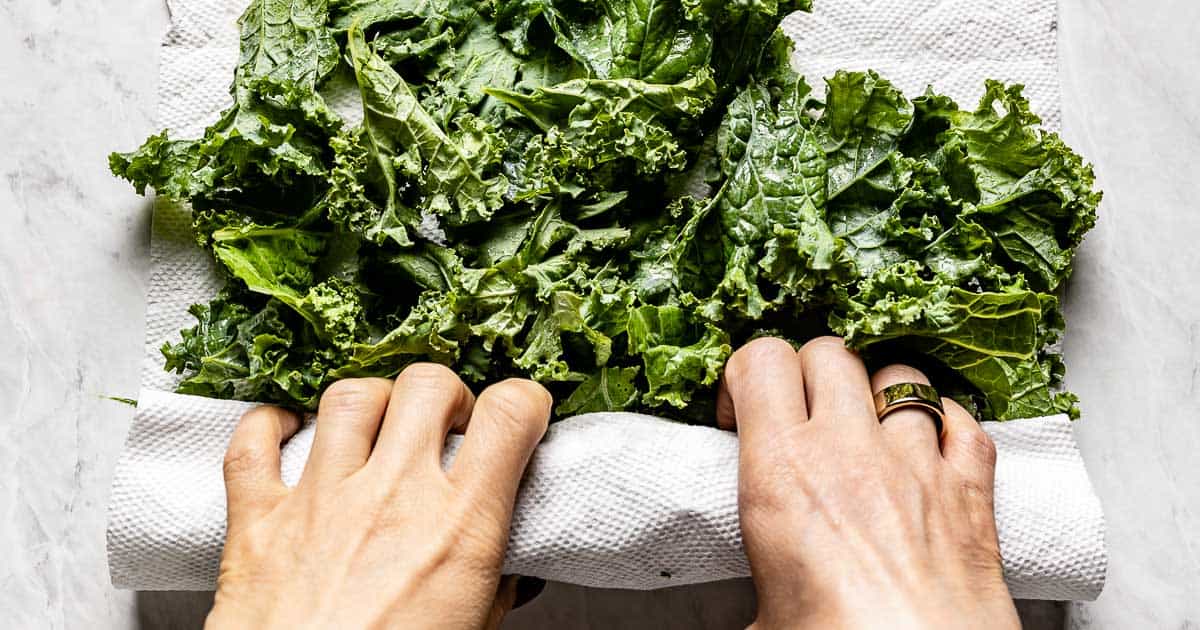
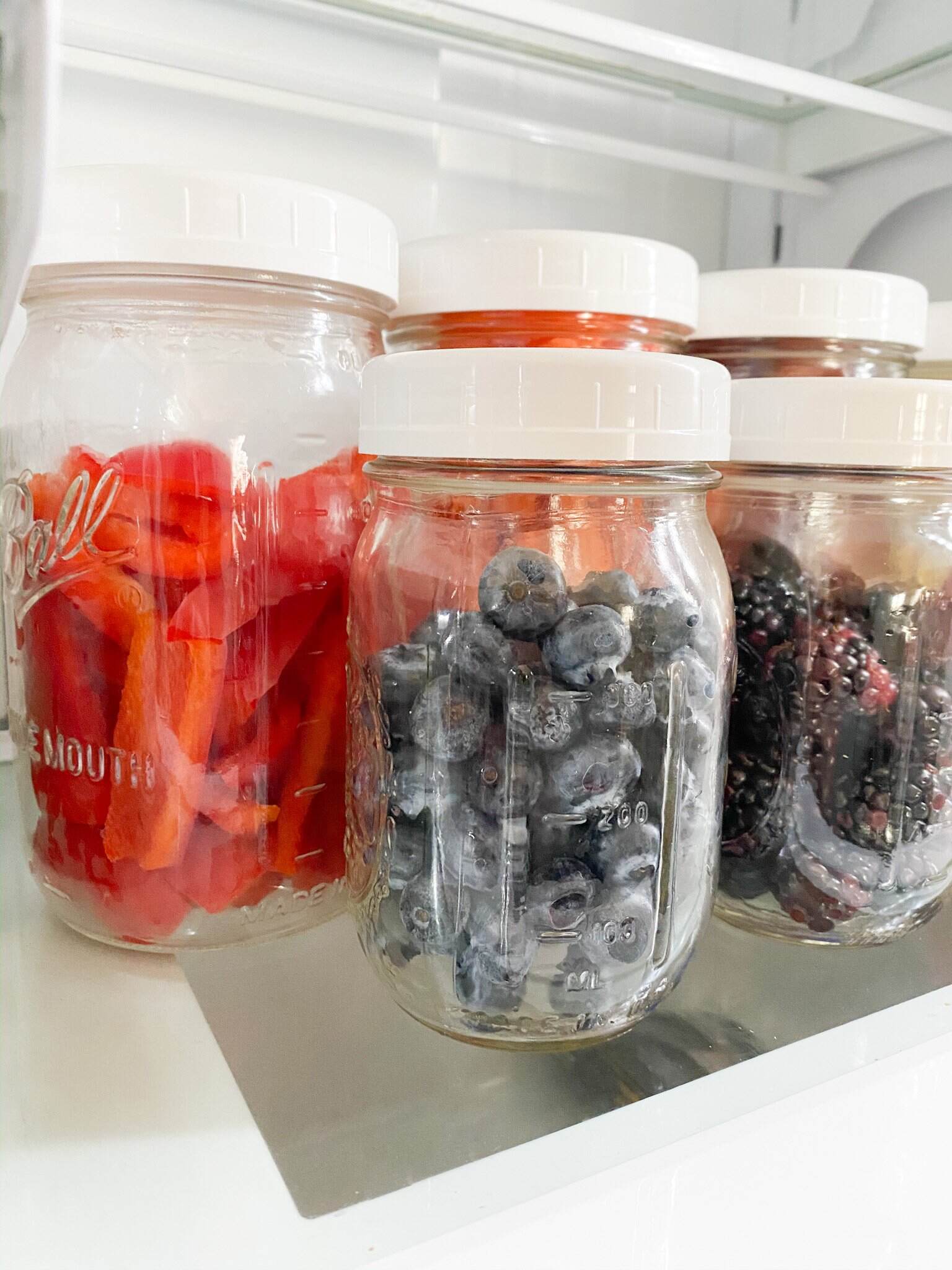
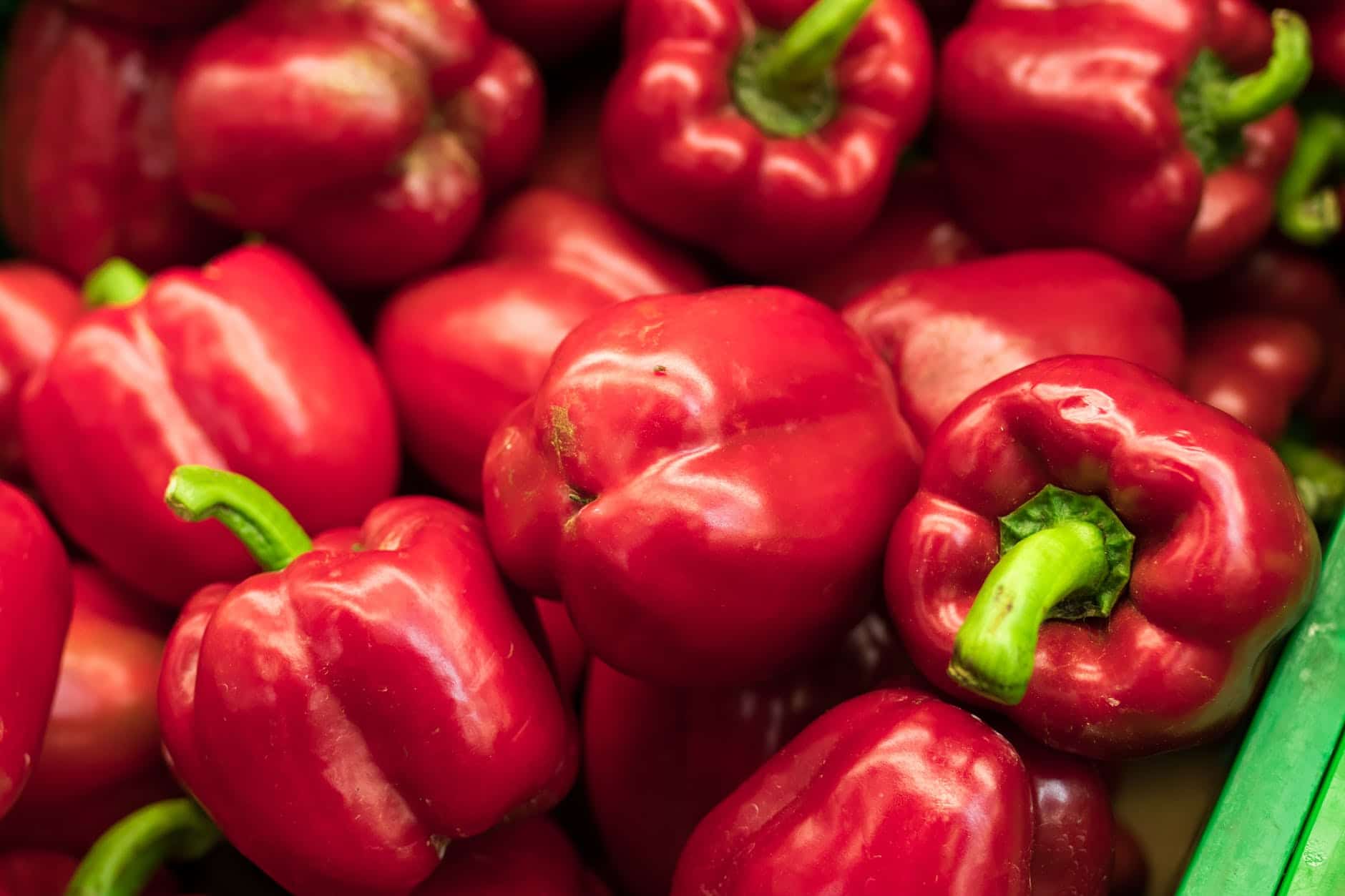
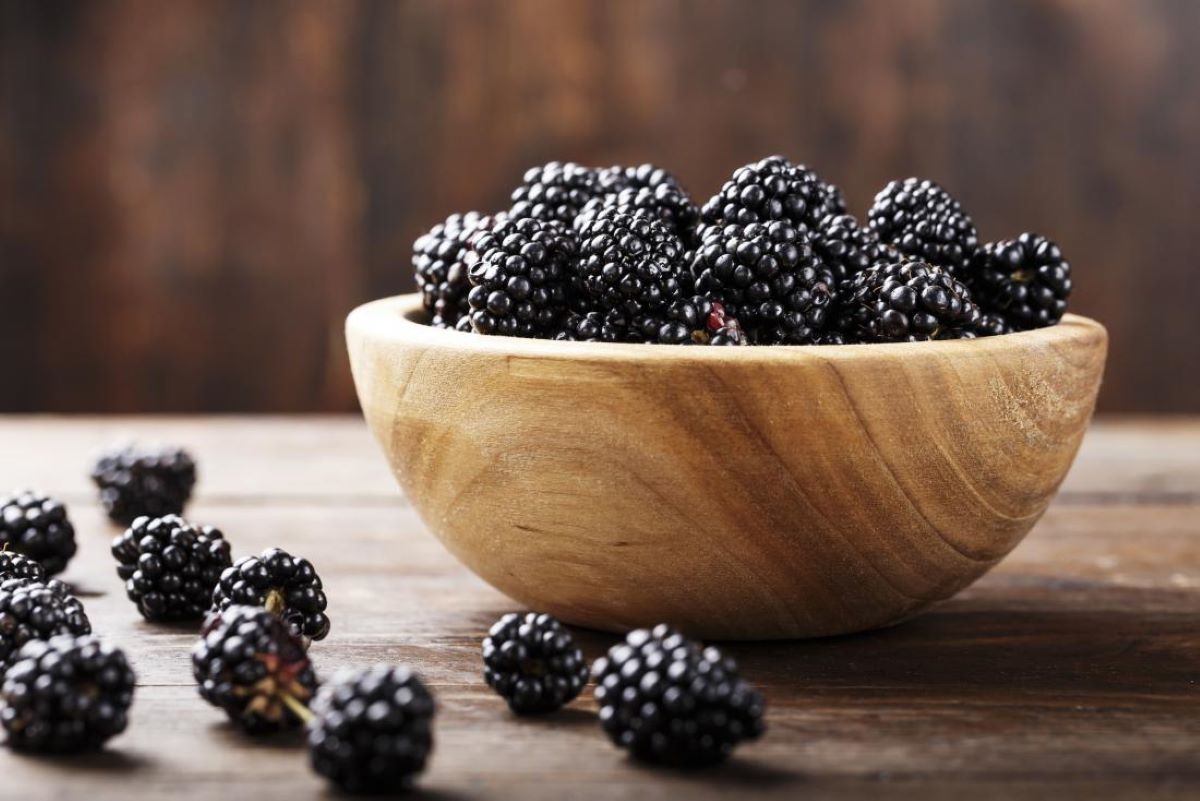
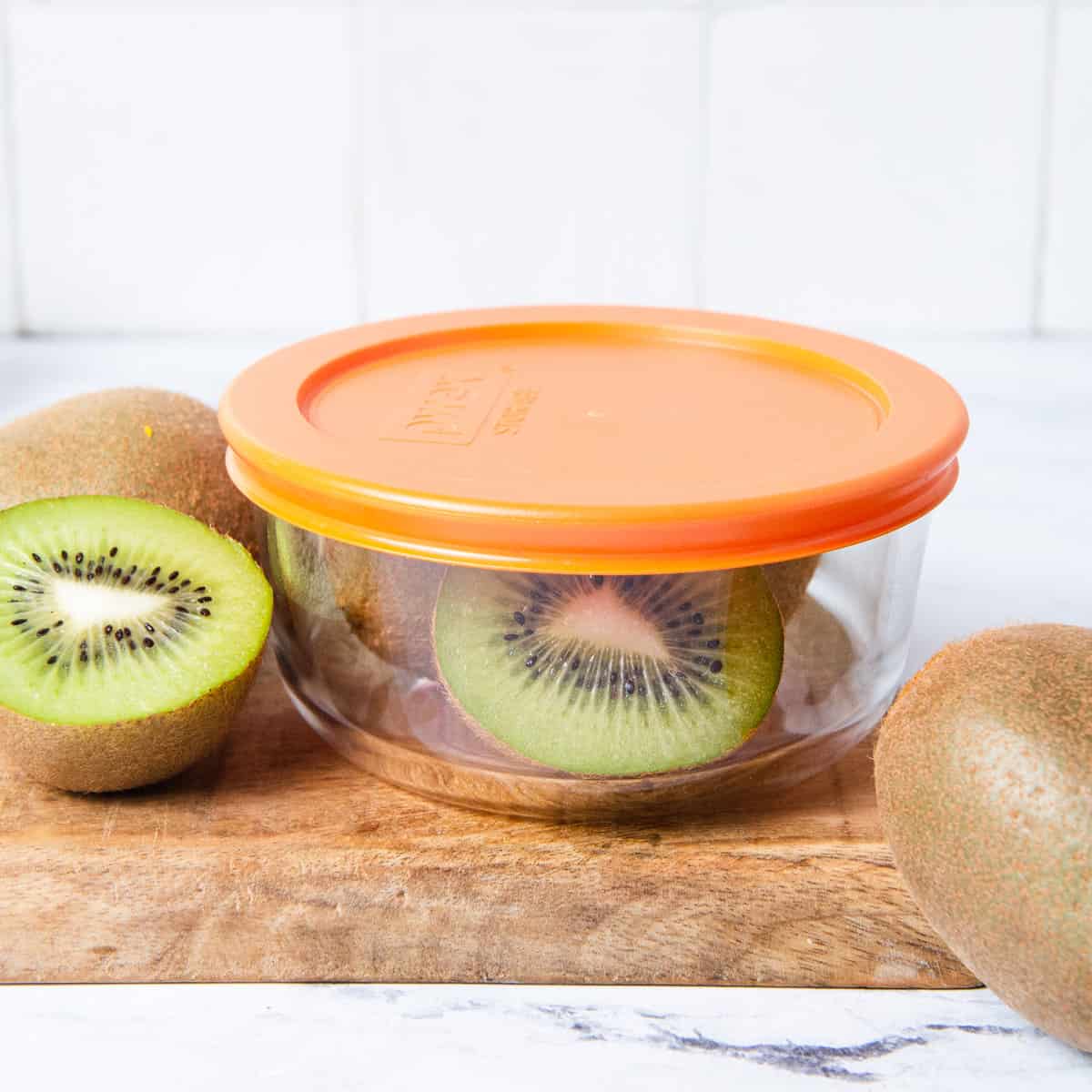
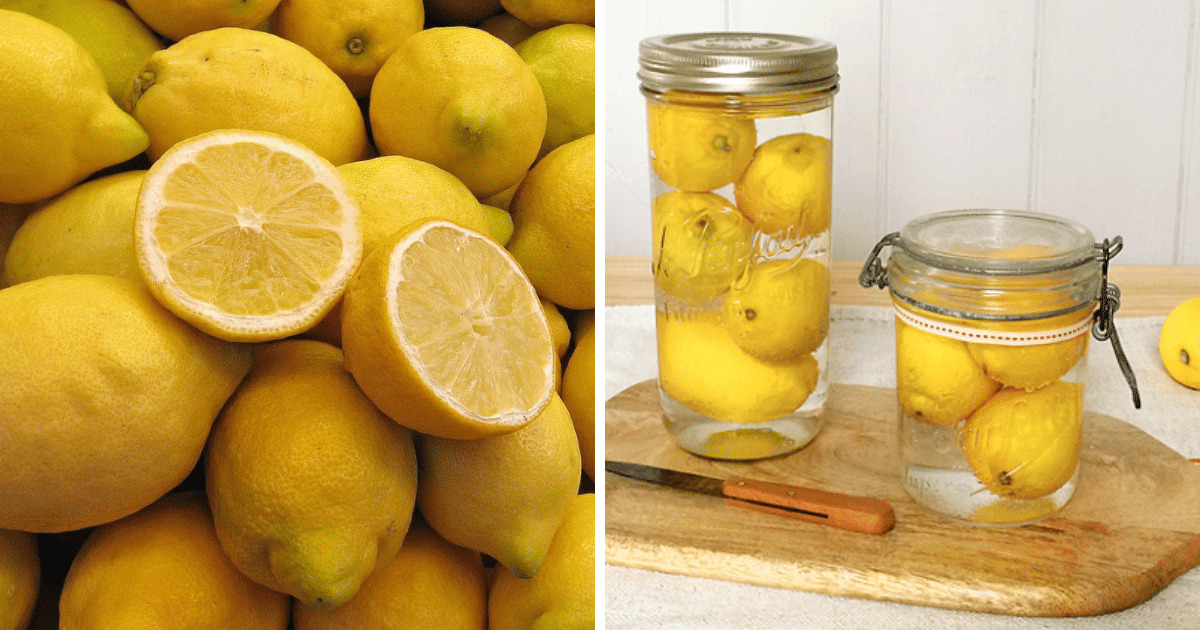

0 thoughts on “How To Store Apples To Last Longer”